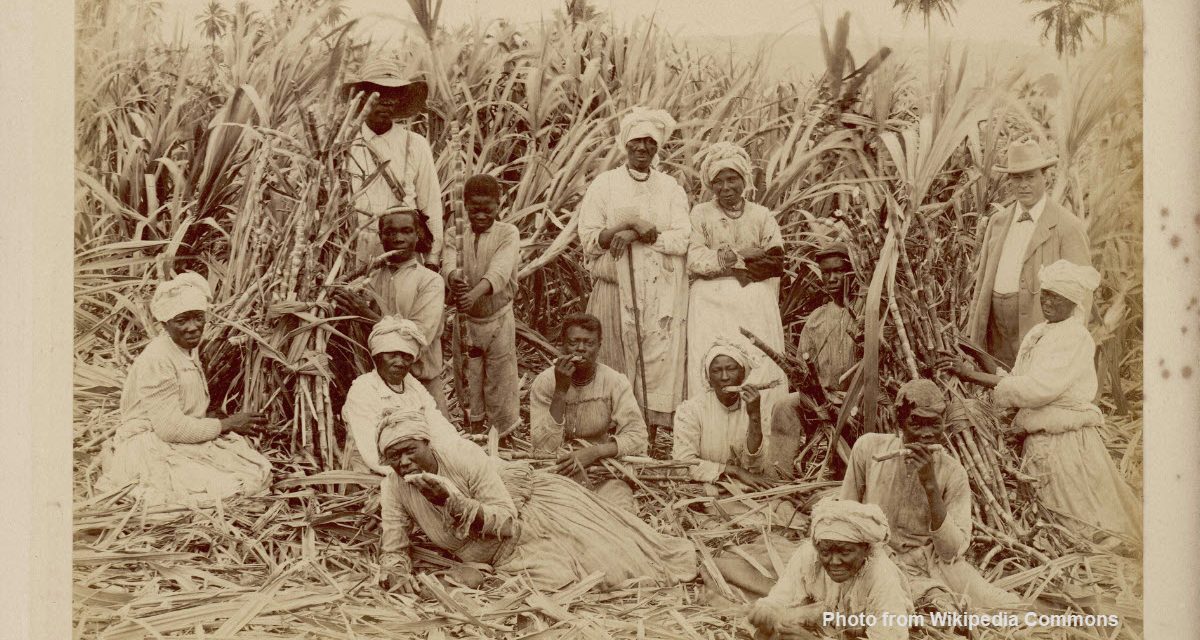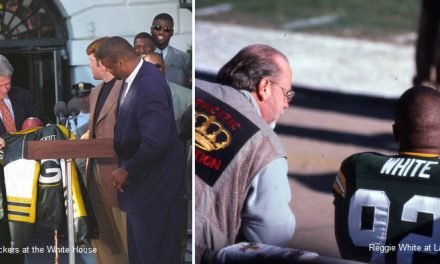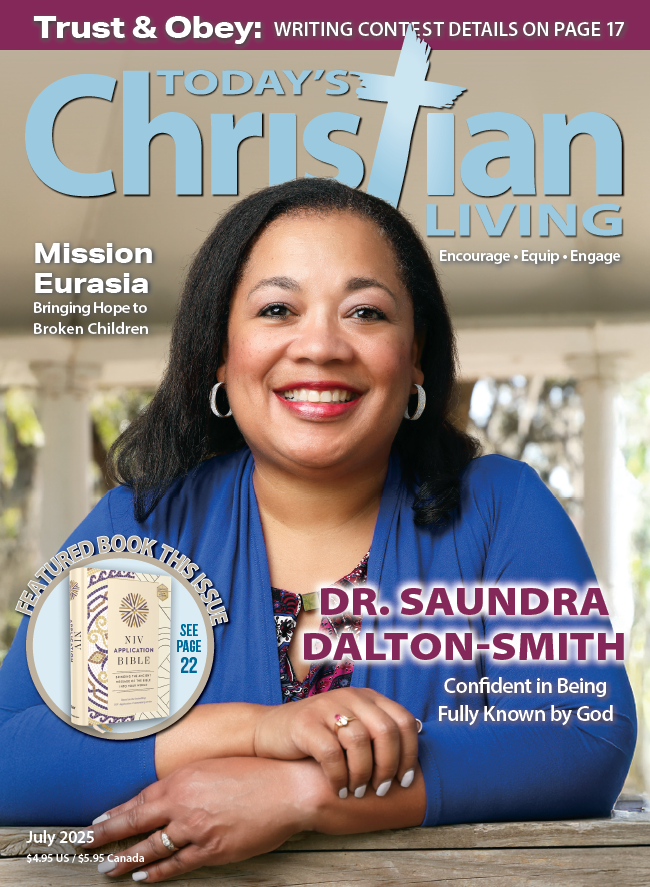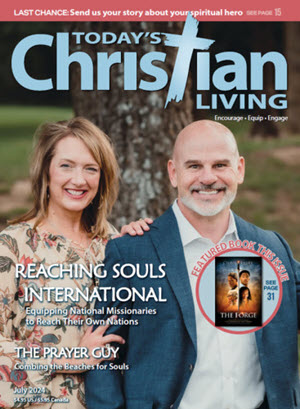By Michelle Adserias
Ten years before William Cary, often called the father of the modern missionary movement, began his work in India, George Liele left the United States to become a missionary in Jamaica.
George Liele surrendered his life to Christ when he was just 23 years old, in 1773. At the time, he was enslaved to Henry Sharp, a church deacon. But when Sharp learned God had called Liele to preach the gospel, he gave Liele his freedom. This African American man spent the next to years teaching God’s Word in slave quarters in Georgia and South Carolina. His faithful, powerful messages led many people to Christ.
In 1775, Liele became an ordained minister and planted the first African American Baptist Church – a church that still worships together today. Unfortunately, his ministry was interrupted when Henry Sharp died and his heirs attempted to enslave him once again. Liele was thrown in prison but released when he produced papers proving he was a free man.
Liele was looking for a way to get to Jamaica, to bring the gospel to enslaved people. He voluntarily indentured himself to Moses Kirkland, a British army colonial, who offered to help pay for Liele’s trip in exchange for two years of service. He was released from his debt in 1782. He, his wife and their four children sailed for Jamaica, still a British colony at that time. Slaves were brought from Africa to work in the sugar plantations. Liele quickly discovered they had no real understanding of who Jesus is and the gift of spiritual freedom He offered.
Liele quickly planted a church, began winning souls for Christ and started holding public baptisms every three months. His message was not popular among the British residents. He was accused of sedition and thrown in prison – though he was later acquitted and released. Undaunted, he continued preaching, teaching and baptizing. Liele’s commitment to God’s calling led to thousands of souls finding eternal life by God’s grace – and not just among those who were enslaved. Liele’s faithful life touched many Jamaican colonists and national leaders in the Americas and England, as well.
Furthermore, Liele expanded his reach by encouraging his congregates to also become evangelists and missionaries. Those he trained ministered in the United States, Nova Scotia and Sierra Leone.
George Liele was born into slavery but died in freedom, both physically and spiritually. He died in 1828 but his message lives on:
“I agree to election, redemption, the fall of Adam, regeneration and perseverance, knowing the promise is to all who endure, in grace, faith and good works to the end, shall be saved.”









